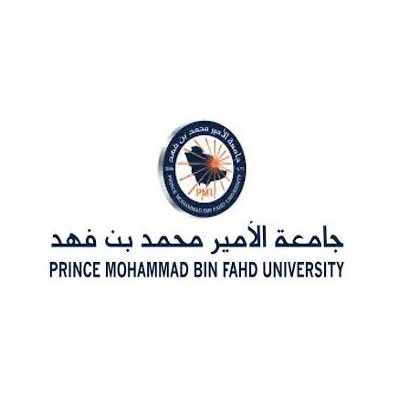Nurturing entrepreneurship among students and collaborators

Sponsored by

Sponsored by

At Prince Mohammad Bin Fahd University, great efforts have been made to boost innovation and entrepreneurship through an open, inclusive and collaborative attitude to knowledge-sharing
Prince Mohammad Bin Fahd University (PMU) in Saudi Arabia places great emphasis on nurturing innovation and entrepreneurship in all its students.
PMU’s College of Business Administration was founded with a commitment to the Saudi Vision 2030 initiative while also supporting the United Nations’ Sustainable Development Goals. The college aims to create an academic environment where students can cultivate the skills to become effective leaders in their fields and communities.
“Progress across the entire higher education sector in Saudi Arabia and, in fact, the entire region has been significant over the last few years,” says Ghadeer Kayal, dean of quality and accreditation at the university.
“At PMU, we have been embedding innovation and entrepreneurship in our curricula for a while now. This can be seen at the course, programme, college and institution level. It is also clear in both our direct and indirect assessments because you can’t manage what you can’t measure.”
PMU is keen to empower students to create positive societal change through their innovative ideas. “For instance, we recently organised a five-day workshop on robotics applications in the governmental sector. Some of the topics included the impact of robots on workplace safety and the ethical impact of robots.”
The university understands that the higher education space functions best when it takes a global and forward-looking outlook on both challenges and solutions.
Institutions can gain deeper insights into matters when they are examined within a global framework, says Kayal. “Quality comes from knowledge sharing. As such, we take our students to international events and we also invite collaboration from outside by hosting our own conferences.”
Considering the rapid pace of change in education and the private sector, PMU recognises that remaining stagnant is not an option, especially for students with an entrepreneurial mindset.
“Quality is something that we measure continuously,” Kayal notes. “Things move fast, so we conduct an ongoing cycle of reviews, as mandated by Saudi Arabia’s Ministry of Education. We always evaluate the outcomes of our courses, too, while incorporating external reviews. For example, PMU is a member of the Texas International Educational Consortium, which provides an objective appraisal of our curricula. We also listen to feedback because student voices are essential to our entrepreneurial output.”
PMU’s students have a wealth of additional resources that support them in transforming innovative ideas into viable business ventures. “At PMU, we are proud to offer students access to the Prince Turki Bin Mohammad Bin Fahd Center for Creativity and Entrepreneurship,” Kayal says.
The centre has everything necessary for transforming concepts into projects, including funding and guidance from advisors. Additionally, the centre extends its support to entrepreneurs who aren’t currently affiliated with PMU as students, she says.
“The next big idea that ends up moving society forward could come from any part of the wider community. PMU is ready to support this idea whether it comes from one of our current students or anyone else with a passion for innovation and entrepreneurship,” Kayal concludes.
Find out more about Prince Mohammad Bin Fahd University.